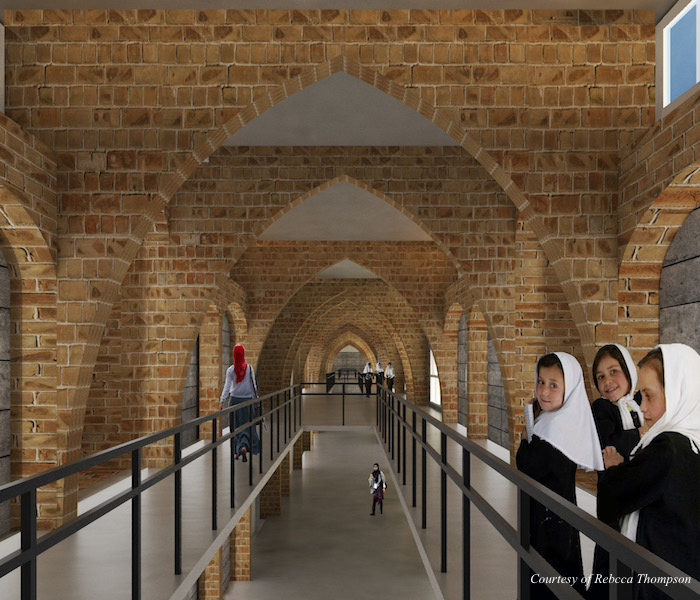
Providing access to education for all students is absolutely essential to the safety and stability of the future of Afghanistan. Sahar’s commitment to expanding access to education for all children in Afghanistan gives the entire population a more hopeful future.
Exclusion from education disproportionately affects the most poor and vulnerable children. Without hope and opportunity, these children are more likely to be exploited or recruited by terrorist organizations.
Edward Carwardine, UNICEF Spokesman
EQUAL EDUCATION OPPORTUNITIES
Sahar began as Journey with an Afghan School, a group founded to build bridges of understanding between the U.S. and Afghanistan for peace and cooperation in 2001. Since then, Sahar has expanded: building schools, and computer centers, and managing teacher training programs in Northern Afghanistan. Sahar became a stand-alone non-profit in 2009 in order to expand and continue our efforts. Sahar has worked in this war zone for over two decades to increase the status of girls and women in Afghanistan through education, enabling them to participate actively in the social, political, and economic arenas in their communities.
Sahar approaches girls’ education from multiple levels because we know that it takes a holistic approach to create real change. We work with partners in the U.S. and on the ground in Afghanistan to create safe learning spaces and, deliver educational and vocational training programs, and women empowerment and health workshops. These projects bolster local economies and strengthen communities, as well as fortify bonds between Afghanistan and the West.
Sahar serves girls in Tajik, Pashtun, Hazara, and Uzbek communities – rural as well as in the urban environment of Mazar-i-Sharif, and Kabul. With formal secondary education banned for girls in Afghanistan, we are partnering with local schools and organizations to provide underground coding and English, IT, and Women Empowerment courses. These innovative courses are led by locals and supported by training and funding from Sahar.
IMPROVING LITERACY
In response to the enduring challenges faced by women in Afghanistan, Sahar Education has launched “Threads of Hope,” a comprehensive program designed to uplift and empower women through education and vocational training. Each year, this program serves 80 women, primarily those above the age of 25 who are illiterate and hail from impoverished communities. These women, many of whom are mothers striving to support their families amidst a deepening humanitarian crisis, are provided with a unique opportunity to learn and grow.
“Threads of Hope” offers a holistic curriculum that encompasses literacy and numeracy, health education, women’s empowerment, and business acumen. This six-month course is tailored to equip women with the knowledge and skills they need not only to read and write but to navigate daily life and start their own businesses. Recognizing the financial challenges these women face, the program includes a stipend to support them throughout their education. Upon graduation, each participant is gifted a sewing machine, empowering them to put their newfound skills into practice and begin a journey towards financial independence and personal growth.
The initiation of the “Threads of Hope” program follows Sahar’s historical commitment to improving literacy among Afghan women and girls. Despite past successes in boosting educational outcomes, the reemergence of the Taliban and the subsequent ban on formal education for girls beyond 6th grade have once again placed Afghan girls in a precarious position. By reinstating sewing and literacy classes in Kabul, Sahar is offering a lifeline to women who were denied educational opportunities, providing them with the tools to transform their lives and contribute to their communities.

Afghan Girls School Attendance
1.1 million girls and young women without access to formal education in Afghanistan
Source: UNICEF
Ministry of Education Partnership
Sahar partnered with the Afghanistan Ministry of Education (MOE) to improve girls’ access to education before the institution of the current Taliban rule. This includes but is not limited to protocols with the MOE that governed our building programs, digital literacy programs, and prevention of early marriage pilot program.
Sahar also worked with the Ministry of Higher Education to increase the number of female teachers by supporting a teacher training center in rural Northern Afghanistan. In each circumstance, this approach ensured continuity in program delivery and required mutual involvement on the part of the Ministry and Sahar. Our building projects were turned over to the MOE to operate upon completion.
